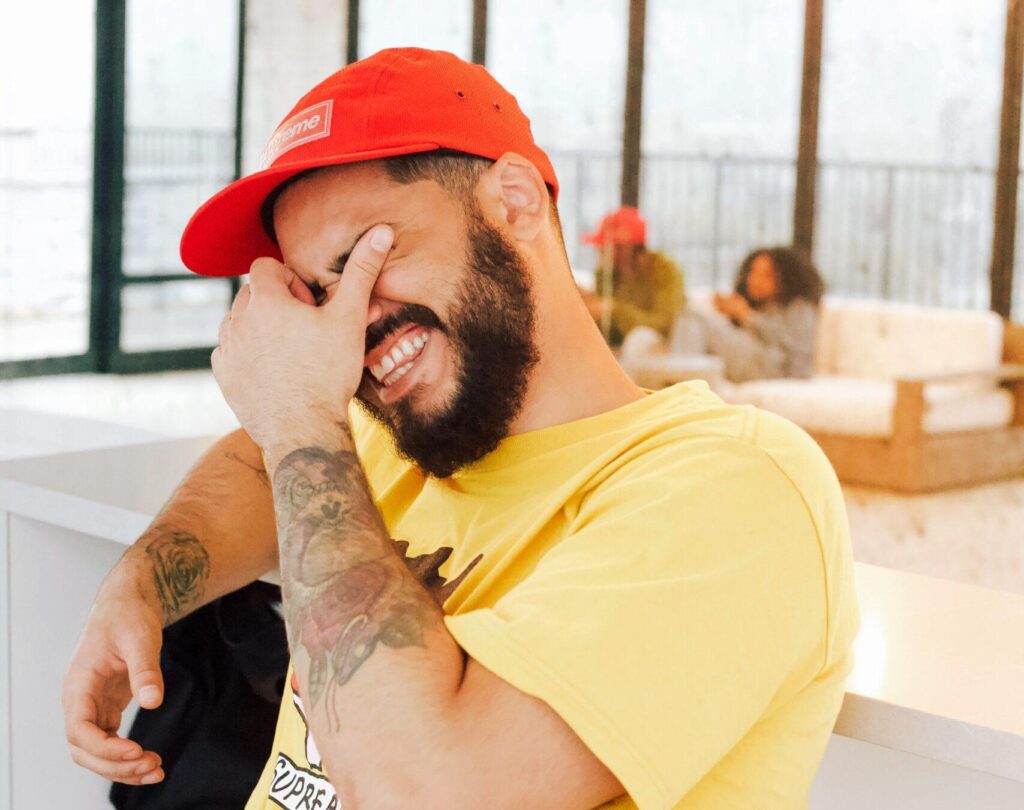What can’t be treated with substance abuse? Substance abuse is a type of addiction in which the person becomes dependent on drugs or alcohol. Addiction to substances like prescription painkillers, heroin, and cocaine are all forms of substance abuse. However, there is some certain substance abuse that cannot be treated as described below.
Cocaine
Cocaine is an illegal drug. When people use cocaine, it can cause them to feel paranoid, aggressive, and depressed. Cocaine abuse cannot be treated with medication like methadone but rather treated by cognitive behavioral therapy (CBT). The goal of CBT as a treatment for substance abuse is to help the person avoid or stop the drug use and teach them how to cope with life and avoid relapse.
Sedative, hypnotic, and anxiolytic drugs
Anxiolytics, sedatives, and hypnotics are the types of substances that treat insomnia and anxiety. When people become dependent on these drugs, they cannot be treated with CBT but rather by medication. There are not many medications that can be used to treat anxiety and insomnia, so the specific drug prescribed to a patient may depend on their medical history and their doctor’s discretion.
Tricyclic antidepressants and monoamine oxidase inhibitor (MAOI)
Monoamine oxidase inhibitors are medications that treat depression. They cannot be treated with CBT but rather by medication. It is not recommended to stop taking MAOIs suddenly or without supervision because this may cause discontinuation syndrome. Symptoms of discontinuation syndrome include nausea, vomiting, headache, insomnia, anxiety, and seizures.
Benzodiazepines
Benzodiazepines are a type of medication that treats anxiety and insomnia. When people become dependent on benzodiazepines, they should not stop using them abruptly or without a doctor’s supervision because it may cause withdrawal symptoms, including seizures, psychosis, hallucinations, and suicidal thoughts. Withdrawal from benzodiazepine can last several weeks, even months after the person stops taking it, so doctors usually prescribe drugs like Valium to help with withdrawal symptoms.
Nicotine
Nicotine is the chemical found in tobacco. Nicotine is highly addictive, but it can be treated with medications like bupropion or varenicline, which are prescription medications to treat nicotine addiction. Bupropion treats depression and anxiety disorders as well as smoking cessation. Varenicline helps reduce cravings for cigarettes and replace them with a food craving, so people don’t feel hungry all the time when they stop smoking cigarettes.
Alcohol
Alcohol abuse cannot be treated by taking a pill to stop drinking alcohol because scientists have not discovered an effective medication to treat alcoholism. The best way to quit drinking alcohol is through detoxification followed by therapy under supervision to prevent relapse. Everyone has a different reaction towards stopping drinking alcohol, so that the right treatment plan will depend on each person’s situation.
Amphetamine
Amphetamine is a stimulant that treats ADHD and narcolepsy, but it can be abused as a “party” drug where people take it to stay up all night dancing and having fun at parties. When people become dependent on amphetamine, then they should stop taking them without supervision because stopping amphetamine suddenly may cause withdrawal symptoms including fatigue, increased appetite, depression, anxiety, restlessness, sleep disturbances, mood swings, etc. This is why when doctors prescribe amphetamine for ADHD or narcolepsy, they also prescribe other medications like Adderall or methylphenidate to help with the side effects of stopping amphetamine.
Hallucinogens
Hallucinogens are drugs that distort a person’s perception or thoughts. These include lysergic acid diethylamide (LSD), phencyclidine (PCP), and peyote. People cannot be treated with CBT but rather by taking antipsychotic medications to stop the hallucinations caused by hallucinogenic drugs. The most common antipsychotics used in people who take hallucinogenic drugs are risperidone, olanzapine, quetiapine, haloperidol, etc.
Club Drugs
Club drugs are another type of drug that people can abuse because they are taken at parties or clubs to have fun dancing. Club drugs include MDMA (ecstasy), ketamine, Rohypnol, GHB, and LSD. Taking club drugs illegally or in high dosage can cause different conditions, including cardiac arrest, seizures, respiratory distress, liver failure, etc. It is best to treat these conditions using medications like benzodiazepines (for anxiety) or propofol (anesthetic).
Opiates
Opiate addiction cannot be treated by taking a pill because scientists have not discovered an effective medication to treat opiate dependence. The most common treatment for opiate dependency is replacing it with other types of painkillers like methadone or buprenorphine, which are commonly used to treat opioid addiction. Methadone and buprenorphine are opioids, but they are less likely to get addicted, so someone dependent on opiates can take them without becoming addicted. Are you struggling with the treatment of certain substance abuse but unsure of how to go about it? Call our hotline at 833-364-0736 to speak with one of our representatives to see how we can help you today.

